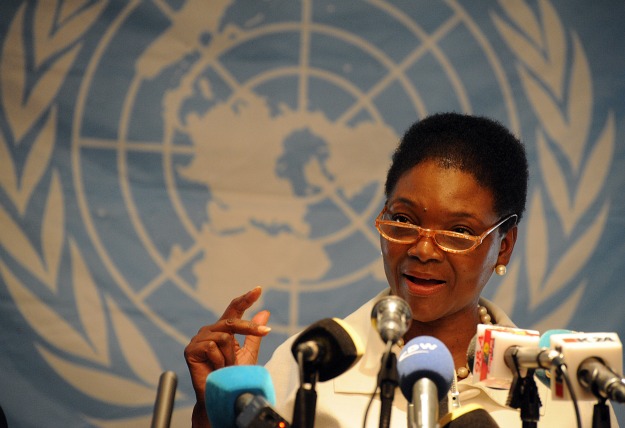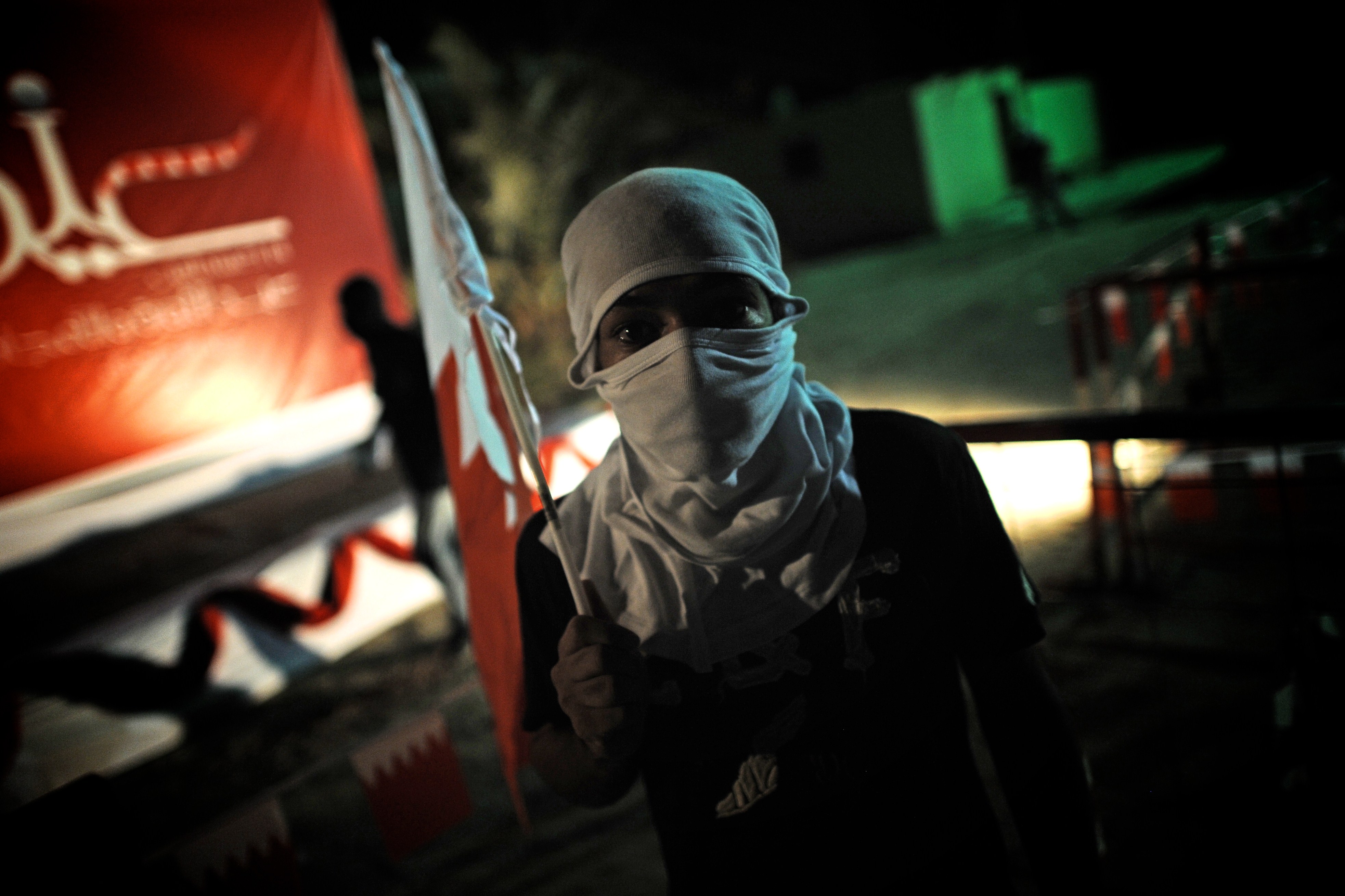CHICAGO: On Wednesday, October 1, Muslims the world over marked the end of the month of Ramadan with the Eid Al Fitr festival. On this day, Muslims celebrate with their friends and families the completion of a month of intense worship and spiritual reflection. It is always a special occasion for me and my family: We gather together dressed in our nicest clothes, attend special prayers in the morning, and – very important to me – we drink our coffee during daylight hours once again.
This year s Eid festivities are also unique as they fall immediately after the beginning of the High Holy Days of Judaism, with Rosh Hashana on September 30. Thus, the followers of two of the most significant Abrahamic faiths will be celebrating back-to-back, including in the Holy Land. Whenever these accidents of the calendar occur, it always causes me to stop and reflect.
Decade after decade has passed, and the conflict of the Middle East has yet to be resolved. Decade after decade has passed, and the innocent continue to lose their lives in the land of the Prophet. Decade after decade has passed, and both Israeli and Palestinian leaders have yet to come together and make the tough choices for peace.
I hope and pray that both the Israelis and Palestinians could – this year – stop and reflect over how they are both taking time out and celebrating their respective holidays together. I hope and pray that both Israelis and Palestinians could – this year – stop and remember that they are all children of the same holy father, Abraham. I hope and pray that both Israelis and Palestinians could – this year – see through the fog of hatred and the smoke of intolerance and realise that they both are heirs of the same tradition, servants of the same God, and bound to the fate of the Middle East.
Muslims just finished their fast; Jews will begin theirs. Why can t this juxtaposition of the two holidays and two similar ritual traditions give them pause and motivate them to work for the peace that has heretofore proven elusive? It is true that there has been tremendous pain inflicted upon each side by the other. It is true that too many innocents have given their lives in a conflict that should not have lasted this long. It is true that the painful memories of the conflict will not be erased easily, and it will take a long time for both sides to come to terms.
But, it can be done, and I hope and pray that it does during this most holy time in our two traditions. Muslims and Jews have so much more in common than in distinction; why not use this fact to bring our communities together? Muslims honour the Hebrew Prophets; they claim Abraham as their spiritual father; Moses is mentioned more by name in the Qur an than the Prophet Muhammad himself. Why can t our commonalities become bridges of mutual understanding, bridges that will allow the two communities to overcome any antagonisms that may fester in this difficult time in the history of our two peoples?
In the past few days, whenever I see my colleagues who are Jewish, I make it a point to tell them, Happy New Year. I mean it sincerely. I also send my Muslim brothers and sisters around the world a warm Eid greeting, and I wish that this time brings both communities safety, security, happiness, and blessings. And I also pray – during this holy time in the calendars of both Muslims and Jews – that perhaps this year, with Eid and Rosh Hashana right next to each other, that the Muslim and Jewish communities can also stand next to each other and work to finally bring peace to the land that means so much to all of us.
Hesham A. Hassaballais a Chicago pulmonologist and writer. He has written extensively on a freelance basis, being published in the Chicago Tribune as well as other newspapers across the country and around the world. He is co-author of The Beliefnet Guide to Islam (Doubleday). This article is distributed by the Common Ground News Service (CGNews) with permission from Middle East Online.

